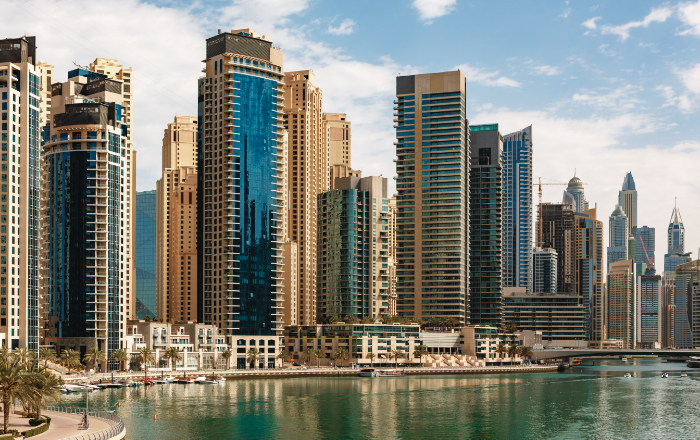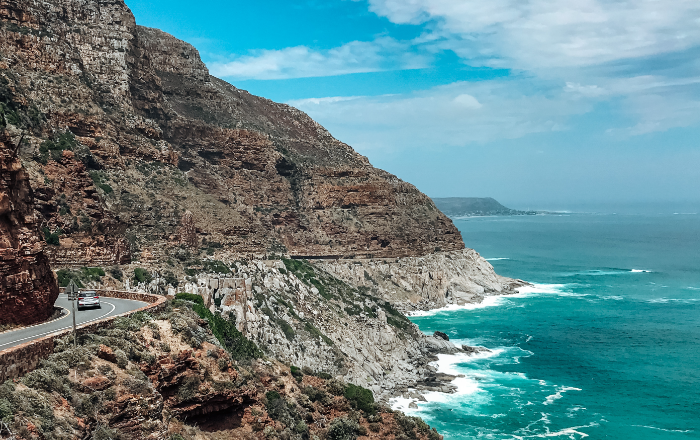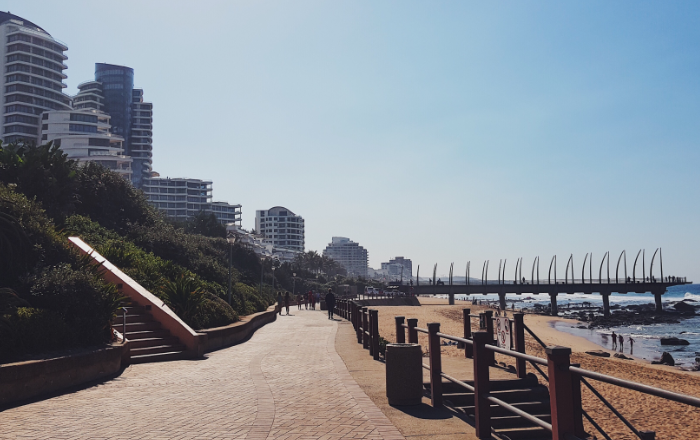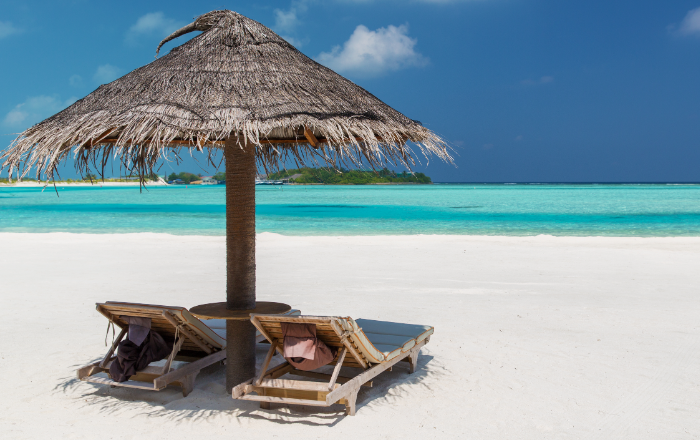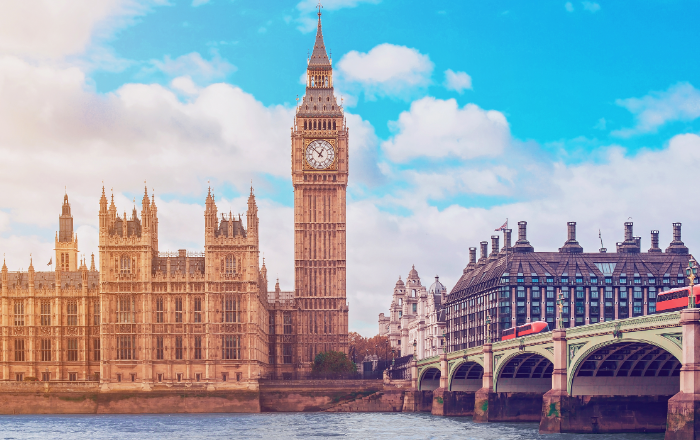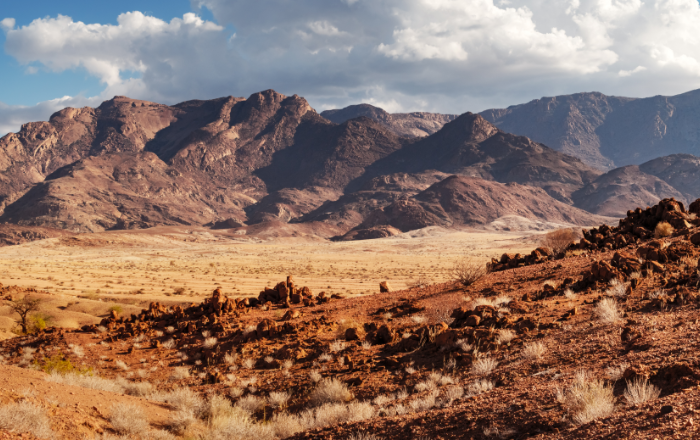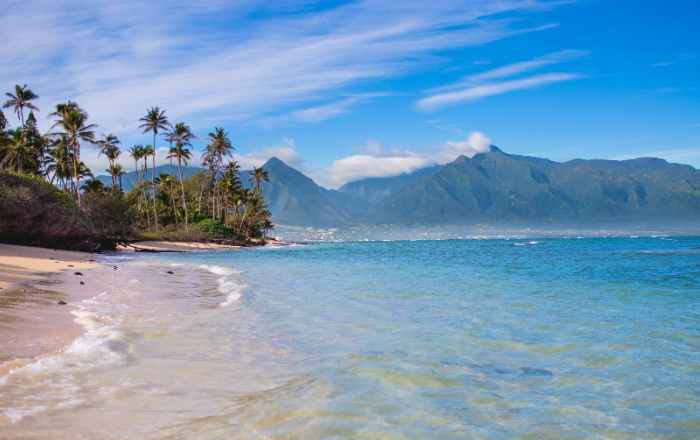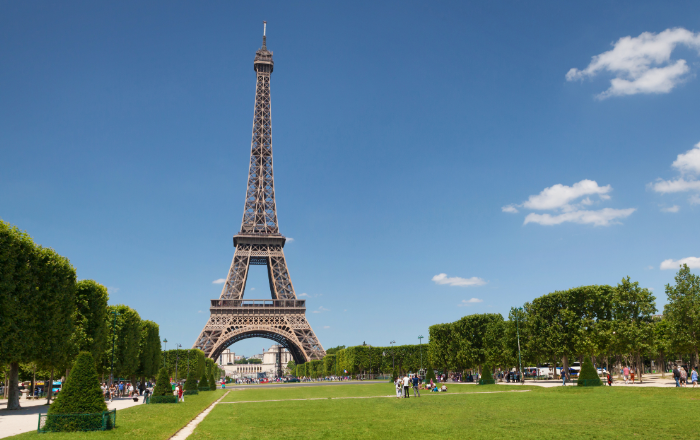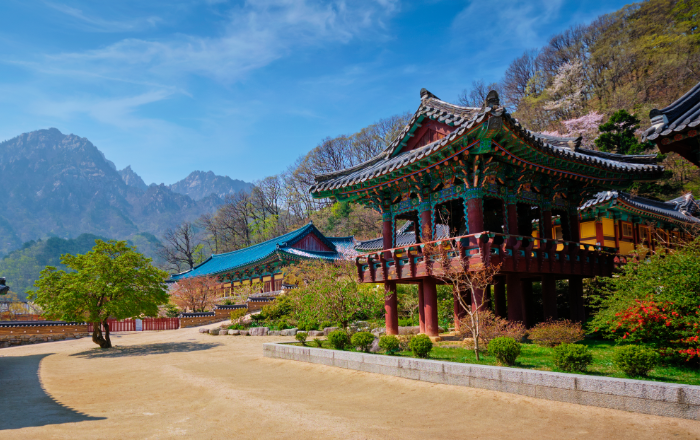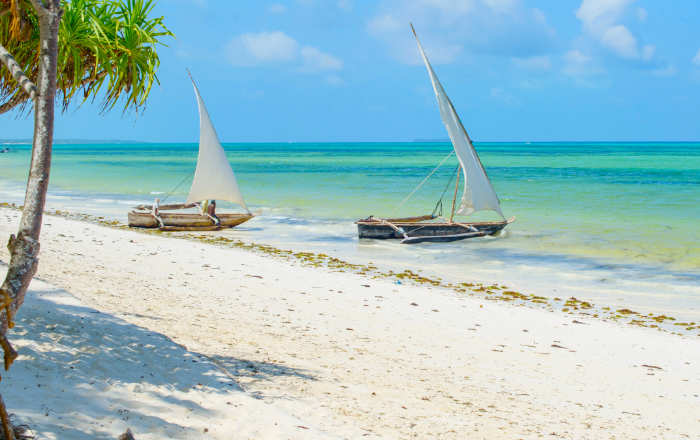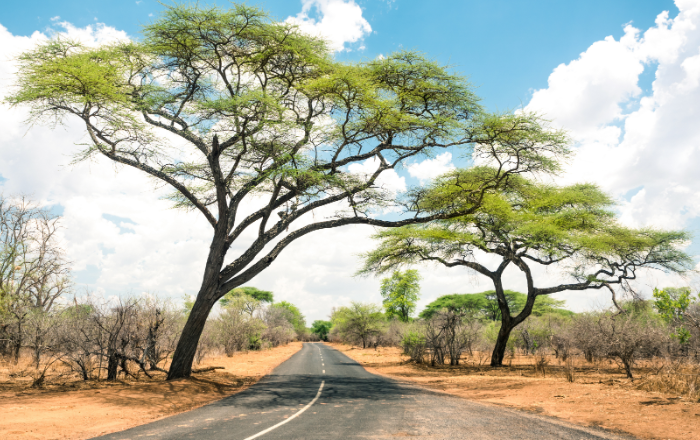Flight tickets from Cape Town to Tete
-a-Tete The French phrase “tete-a-tete” translates literally to “head-to-head” and is used to refer to an intimate conversation between two people. The tete-a-tete is a very meaningful way to connect and understand one another and has been used for centuries. In this text, we will explore the different aspects of a tete-a-tete and discuss its contribution to relationships.
Getting to Know Tete
Tete is an African province located in Mozambique. As of 2016, the population of Tete is estimated to be around 1 million people. The province is served by the Central Africa Time zone (CAT), which is two hours ahead of Coordinated Universal Time (UTC). The two official languages spoken in Tete is Portuguese and Emakhuwa. The currency used in Tete is the Mozambican Metical (MZN).
Climate and Weather
Tete is the capital of the Tete Province located in western Mozambique. The climate of the area is tropical savanna with two distinct seasons; the dry season throughout the majority of the year and the wet season, which occurs during the southern hemisphere's summer months (December - March). The dry season is quite hot, averaging around 30 °C (86 °F). The wet season is not only rainy, with around 2,700 mm of precipitation annually, but also cooler with temperatures dropping to 22 °C (72 °F). Humidity during this time is high, sometimes reaching into the 90% range. Due to the climate, the region is prone to droughts and floods.
Touring Tete: Airport and Transportation
There are two airports in Tete: Tete airport (CM, FQTT) and Cahora Bassa airport (VHCB). It is possible to get from the main airport to downtown Tete by tuk-tuk, taxi, or shared minibus. The cost ranges from $1.50 USD for a tuk-tuk ride to about $4 USD for a shared minibus ride. It is not possible to change money at Tete airport.
Exploring the Rich History and Culture of Tete
- Tete is home to the Macua and sena people who are renowned for their vibrant culture and traditional music and dance
- The region is also home to numerous historical sites, including the Pulacana Fortress and the ruins of the 17th century Fort Tavole
- Tete’s rivers are an important source of natural beauty and wildlife diversity, with sites such as the Cahora Bassa and Zambezi National Parks offering numerous opportunities for wildlife viewing, fishing and canoeing
Check the weather before buying a ticket from Cape Town to Tete
Q&As for booking flights from Cape Town to Tete
How long is the flight from Cape Town to Tete?
The flight from Cape Town to Tete is 3 hours and 50 minutes.
How far is the flight from Cape Town to Tete?
The flight from Cape Town to Tete is about 1685km.
Which airlines fly direct from Cape Town to Tete?
There are 3 airlines who fly direct from Cape Town to Tete. Airli
How many airports are there in Tete and what are their official names.
There is one airport in Tete and its official name is Tete Airport.
How many flights are there a week from Cape Town to Tete?
There are four flights a week from Cape Town to Tete.
When is the cheapest time to buy a ticket from Cape Town to Tete?
The cheapest time to buy a ticket from Cape Town to Tete is typically when flight prices are at their lowest. This is usually around mid-week, when business travel is less in demand. However, it is important to compare prices across multiple airlines to find the best deal.
How can i get from the main airport to downtown in Tete and how much does it cost?
The best way to get from the main airport in Tete to downtown is by taxi. The cost of a taxi from the main airport in Tete to downtown is approximately $15.
